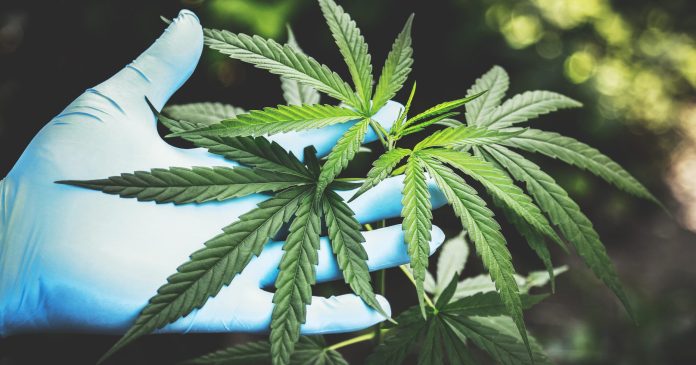- As you are aware, marijuana consumption alongside several other psychedelic substances is banned in several countries for decades and is not new for the discerning lot. The prescribing of these substances has brought out mixed results going by the reported incidents surrounding the matter. One of the visible fallouts of banning the usage of substances is the mushrooming of illegal production from unscrupulous anti-social elements. We all know how the lucrative but extremely dangerous drugs trade functions across the globe. Not a single day passes without one or the other incident of illegal drug trade being unearthed in many big cities and countries. Of course, India is not an exception to this either.

PC: Daigle Law Group
- Since times immemorial, Indian tradition and culture over the generations showcase a very long association with the usage of Marijuana or bhang. In fact, history is replete with liberal usage of the substance for both recreational as well as medicinal purposes. Yes, the scenario changed no sooner than the British Empire set its foot on this ancient land and it assumed even greater proportions post-Independence leading to a complete proscribing. Moreover, there is loud clamoring from different quarters to lift the ban and allow limited usage, especially for medicinal purposes. As widely reported, many countries have slowly come to realize the beneficial effects of the usage under strict supervision. The numbers are only increasing by the day.
- The latest to join the bandwagon is Thailand, often referred to as the land of smiles, which gave some of its citizens another reason to be happy – by being the first Asian nation to decriminalize marijuana for medical and industrial use. Although it is stopping short of examples set by Canada and Uruguay, which have decriminalized recreational marijuana as well. What Thailand’s move means is that farmers will be able to grow the plant while entrepreneurs can sell cannabis-infused food, drinks, and cosmetics. There are two caveats – smoking pot in public will still be outlawed while possession and sale of cannabis extracts containing more than 0.2% of its psychoactive ingredient, tetrahydrocannabinol (THC), will not be allowed.

PC: Trulieve
- As regards India, it continues to stick to a grey area where only certain parts of the plant (bhang leaves) and certain uses (medical and scientific) are allowed. This system came about because India had given in to American pressure in the 1980s and banned all narcotic substances. However, the US has reversed course since then and today 19 American states allow recreational marijuana. Thus, it makes little sense to keep marijuana on the proscribed list, clog up courts by prosecuting low quantities of possession, drive the trade underground, and eschew legitimate revenue. As such, sticking to decriminalizing marijuana fully makes legal sense, as well as an economic one, and is in line with the present-day perception and expectations.






